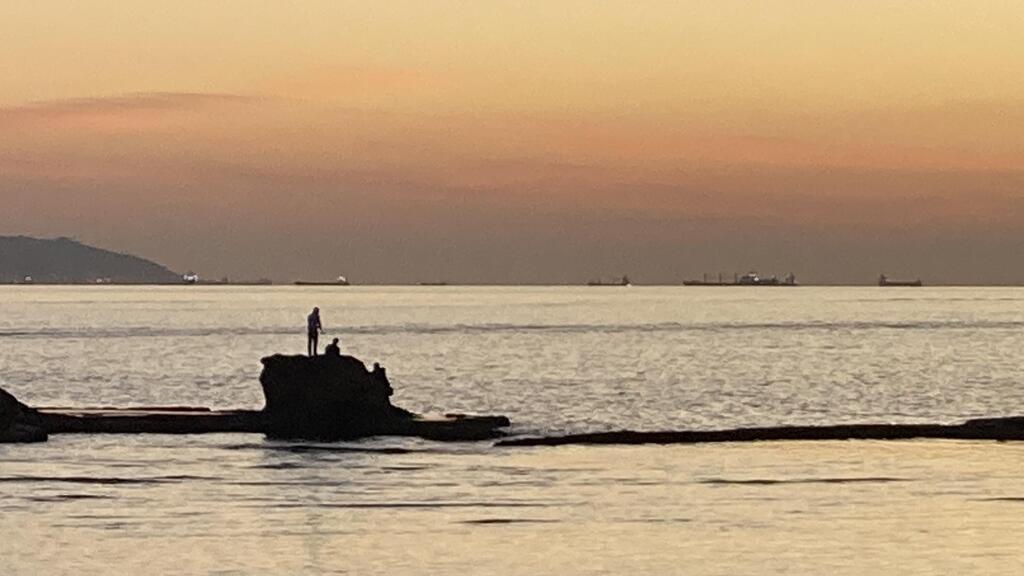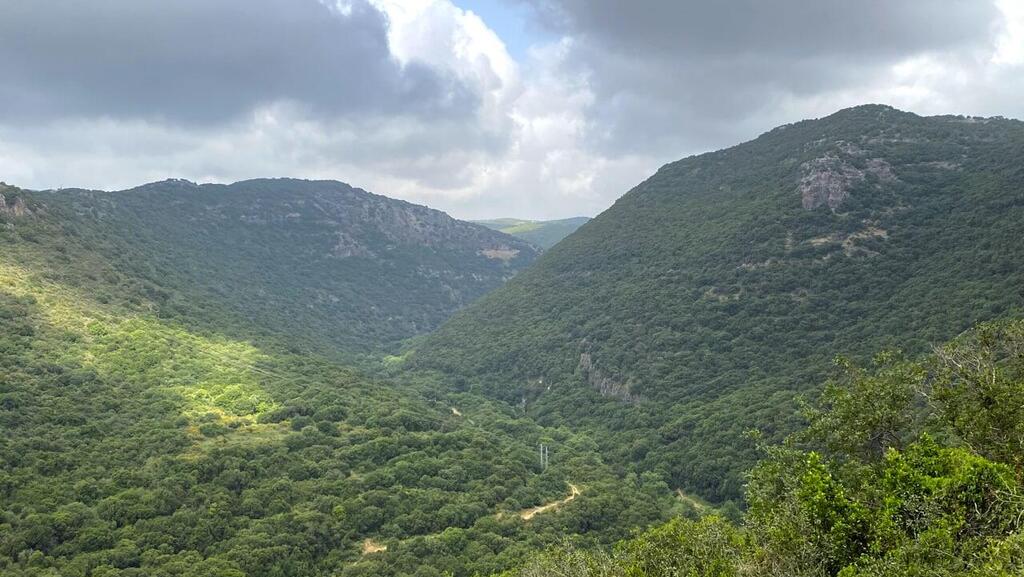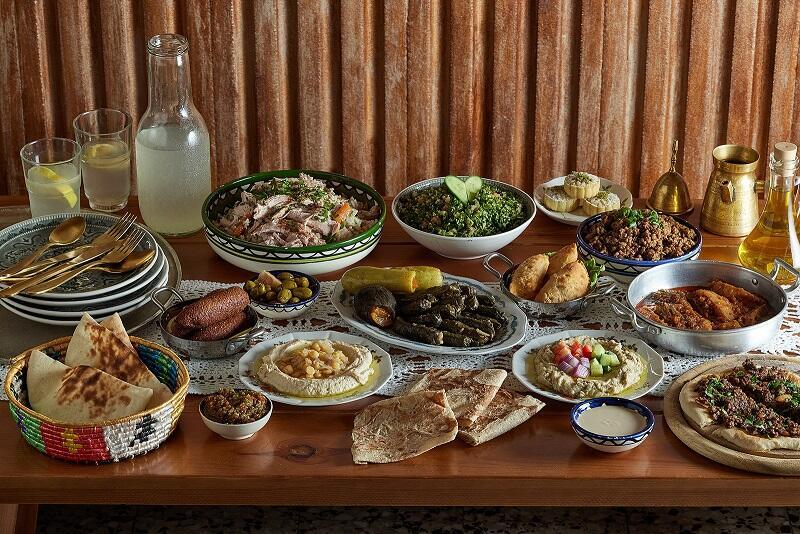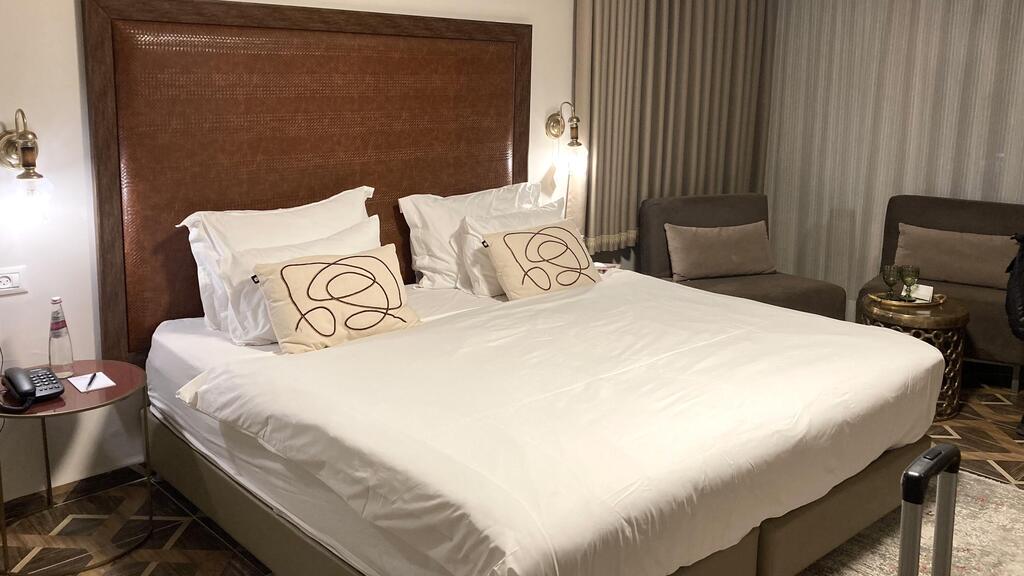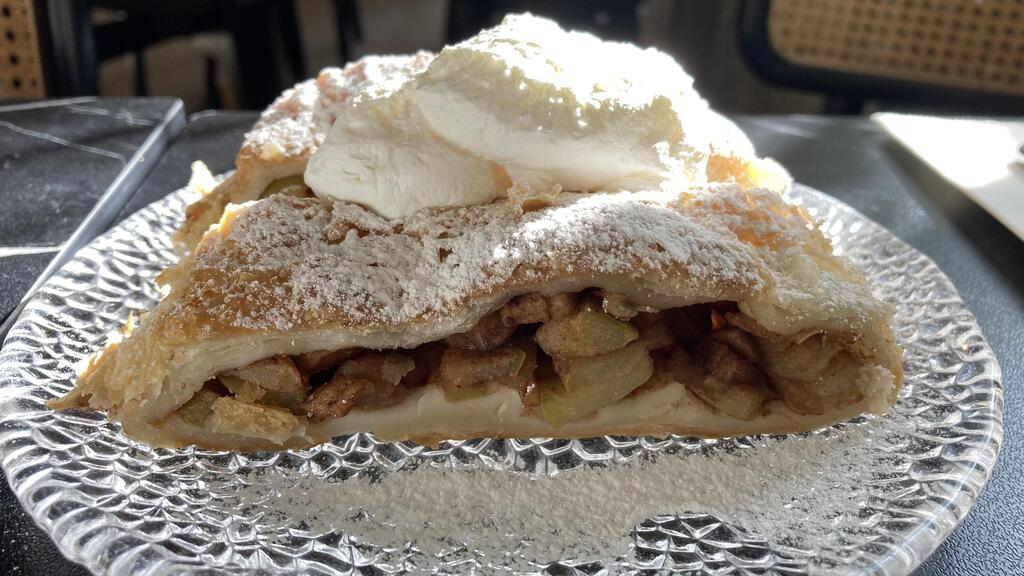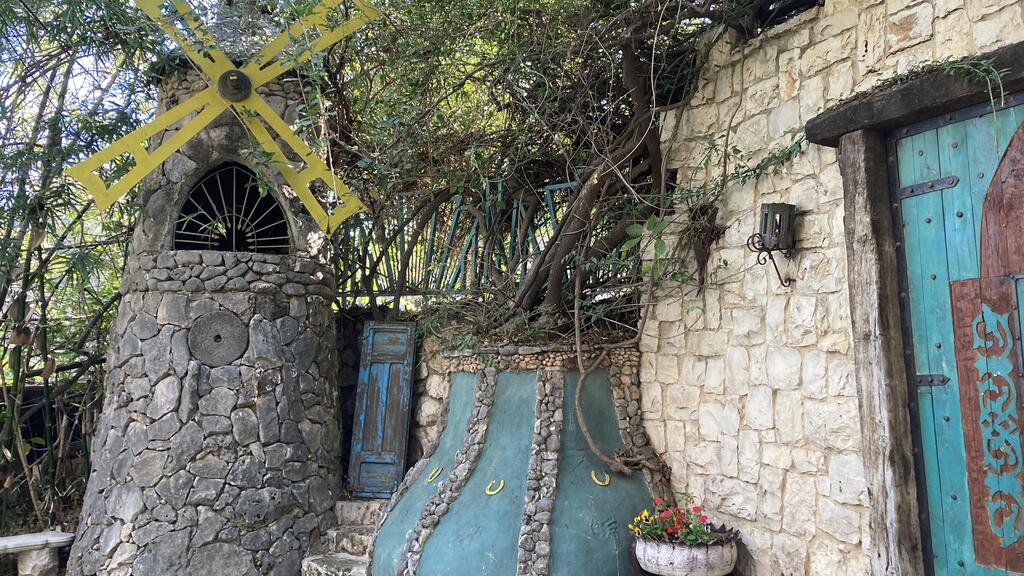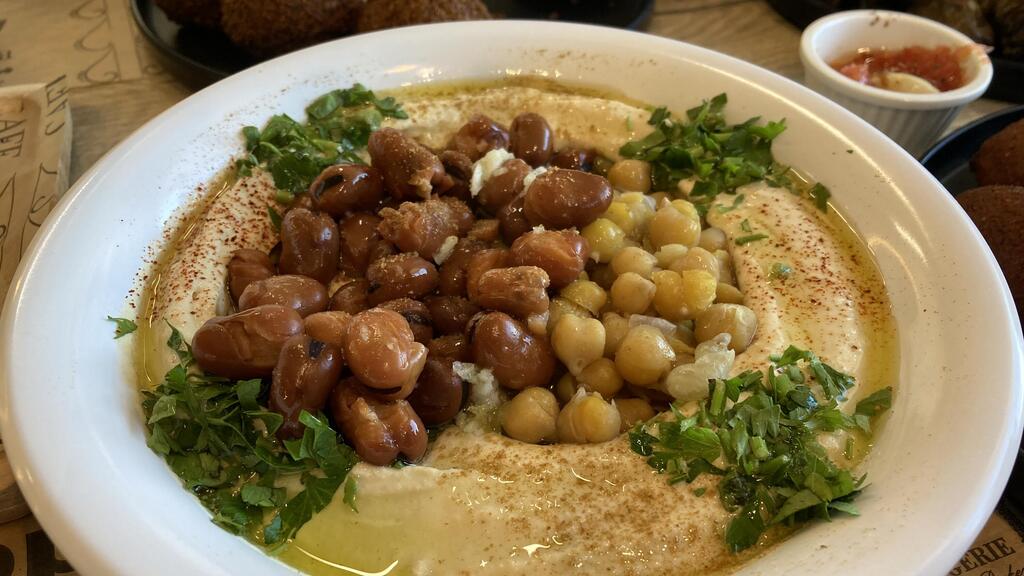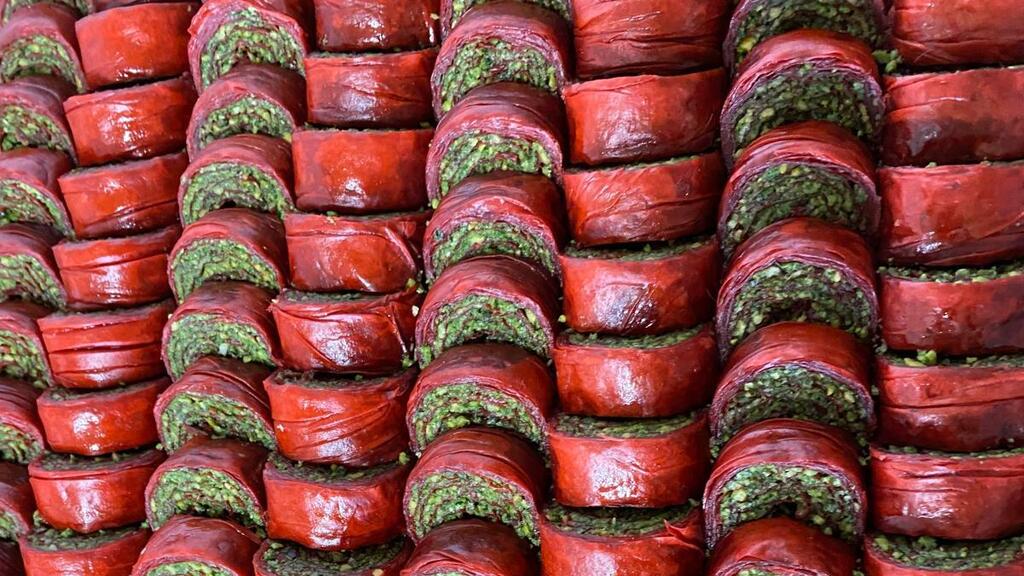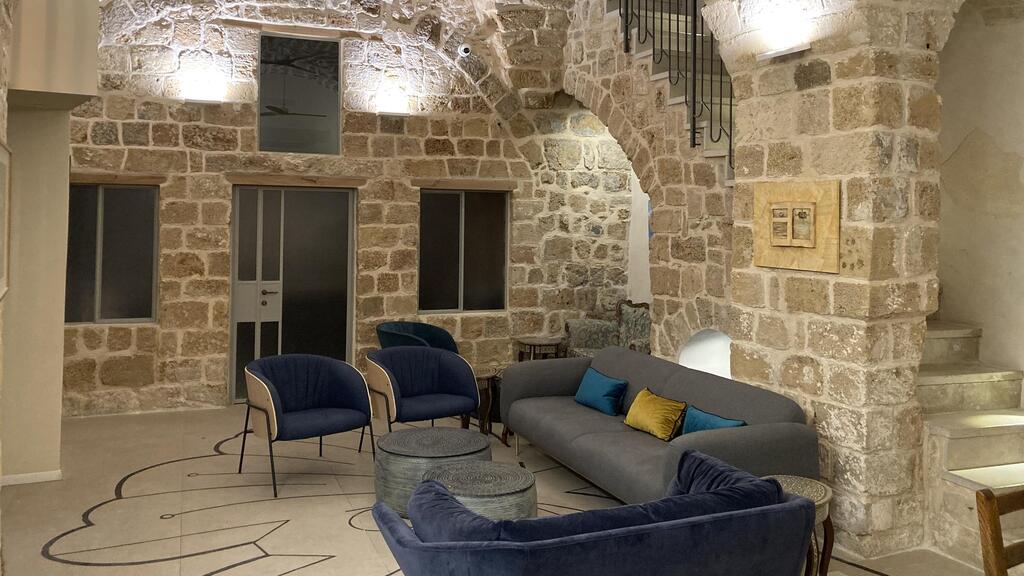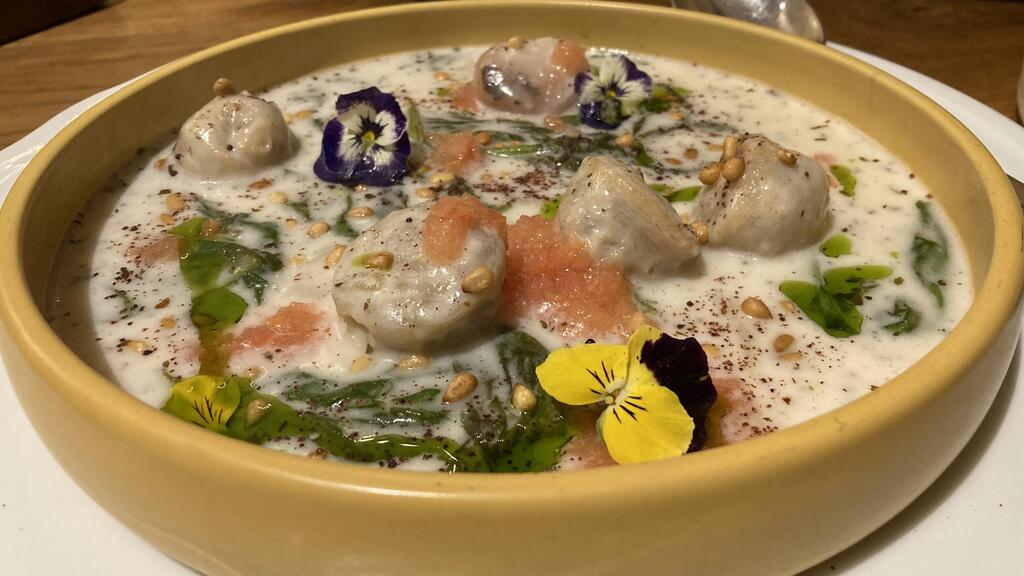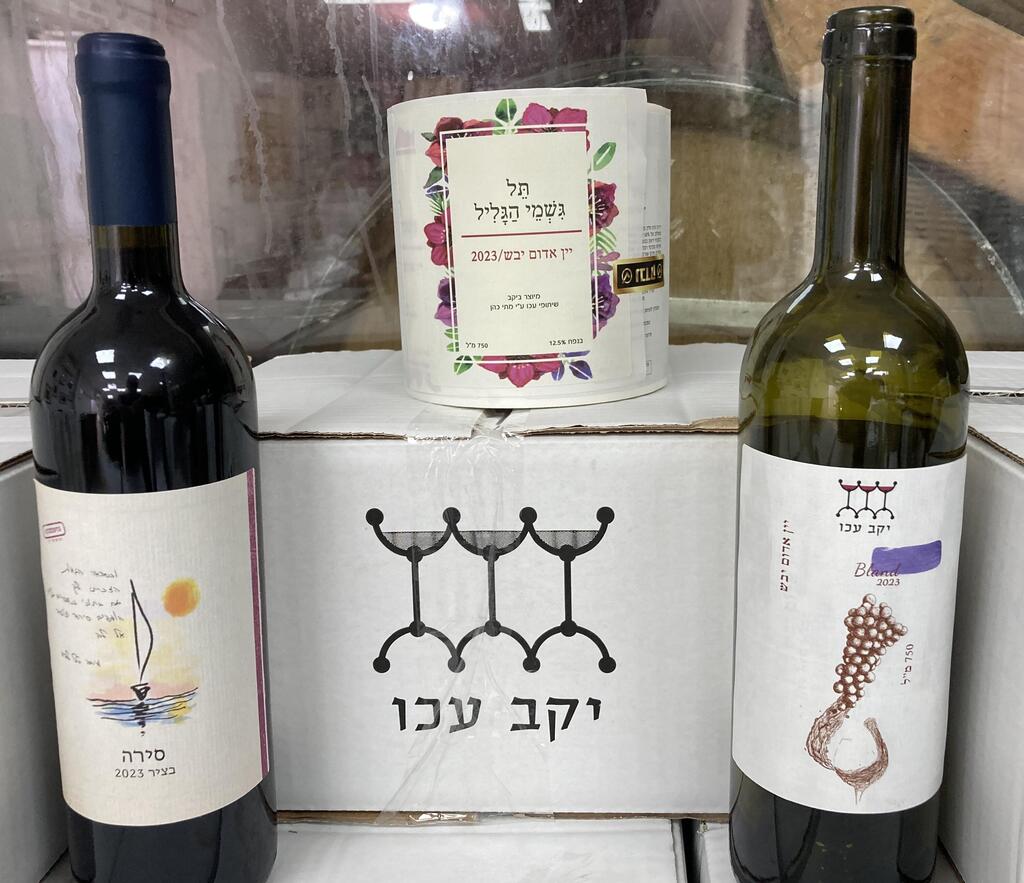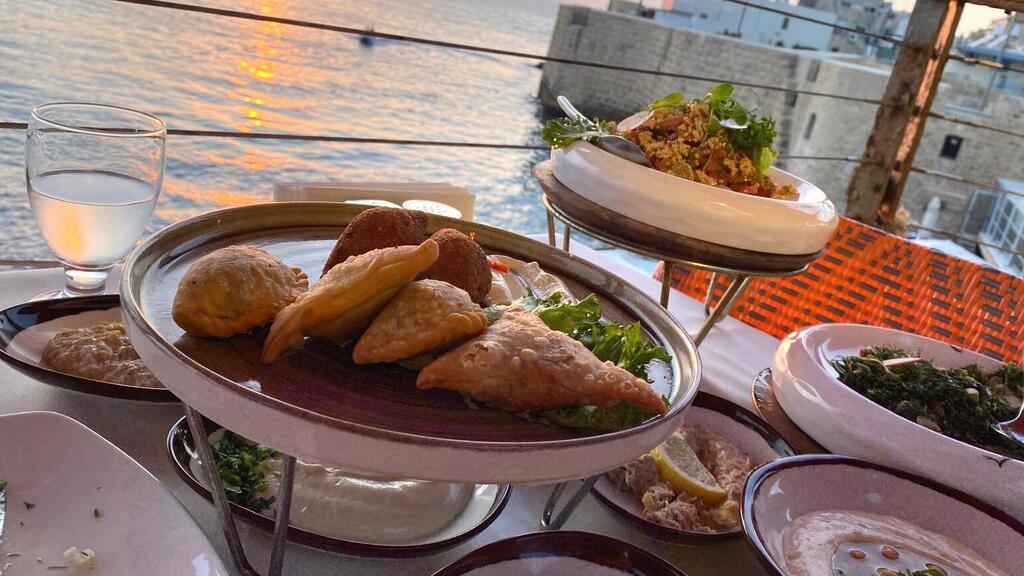Getting your Trinity Audio player ready...
It took nearly a whole day for the new reality to sink in: Here I was, in the heart of the western Galilee that had been constantly under fire from Hezbollah, when suddenly a call came for Tel Aviv, inquiring where I was when a missile from Yemen exploded in Ramat Gan.
Suddenly, the tables were reversed. The center of the country was under repeated attack from ballistic missiles launched from afar that managed to elude the IDF’s aerial defense system, while in the newly tranquil Galilee, everything was calm.
In the anticipation that things will remain that way, tourism-oriented businesses – hotels, restaurants, recreational activities, etc. – that were hit hard during the war are gearing up to receive Israeli visitors once again. This is especially important for stressed-out Israelis who want a quick and easy getaway, especially since international airlines remain reluctant to resume flying in and out of Ben Gurion.
This article will focus on attractions, dining and accommodations in the western Galilee, for several reasons. First, it is the most accessible area from the center of the country, a straight shot up the toll-free coastal highway (Route 2).
Secondly, there are several regional non-profit websites that can help with planning your trip (the links are provided below). Finally, the Golan Heights, with Mt. Hermon, has already been experiencing an initial wave of interest from the general public yearning to get back up north, so the western Galilee deserves equal attention.
Of course, this is not the first time, we have written on these pages about this area of the country with so much to offer. The article that appeared here in 2021, at the tail end of the COVID pandemic, is oddly reminiscent of the situation today, and still contains much relevant information and recommendations for today’s visitor.
A culinary tour of the Galilee
In fact, our foray back to the western Galilee last week began with a return visit to a fondly recalled favorite: Noor Restaurant in the Druze village of Julis. And it was not only the delicious, authentic cuisine that brought us back – it was the fact that in the past year, the restaurant became kosher.
Owner Basma Hino, an IDF widow who was honored with the lighting of a torch in the latest official Independence Day ceremony, undertook the expensive conversion in order to cook for – and donate meals to – IDF soldiers. Now the selfless and talented Hino is hoping that more Jewish tourists will come to enjoy her home-cooked dishes, her new tasting menu and her award-winning desserts (as featured on TV).
Nahariya
From Julis we made the short drive to Nahariya, Israel’s northernmost Mediterranean beach resort town, whose residents had suffered its fair share of casualties during the war. As it is still the off-season, the town has a sleepy feel, until the weather gets warm enough for swimming. Nevertheless, arguably the best hotel in the city – Shtarkman Erna Hotel – is open, and has remained so even through the toughest of times.
This charming boutique hotel is a Nahariya institution, with a history that dates back six decades, and a reputation that grew as the property went through several iterations. Today, the three-story hotel, located just a block away from the beach on a quiet residential street, comprises a selection of eight categories of rooms and suites, each one spacious and comfortable, with a homey feel.
In the days before traveling overseas was commonplace, Nahariya was also known as city for honeymooners – and Shtarkman Erna Hotel continues to exude romance even today. The property’s pleasant garden contains an outdoor hot tub/whirlpool bath, a cozy swing for two, and even a small pavilion for pampering spa treatments.
While the hotel’s dining options are somewhat limited at the moment, breakfast is a real treat, with a sumptuous buffet culminating in a dessert that is a traditional house specialty: Erna’s original apple strudel. In addition to facilities for making coffee and tea in guest rooms, a more elaborate coffee machine is at guests’ disposal in the dining area at all times, complemented by cookies and an exotic selection of teas.
Nahariya is also the home base of Galiloka Authentic Culinary Tours, led by Chef Dudy Dayan. Our guide for the day met us at our hotel, and we embarked on an adventure that took us through a string of unfamiliar yet friendly Druze towns, along winding, hilly roads that afforded us scenic views extending from the Mediterranean Sea to the west, Lebanon to the north and Mount Hermon to the east.
Druze delicacies
As we drove, Dudy shared enlightening insights into Druze culture, which shares a lot with Arab Muslims and Christians, but which take on extra significance given the “blood pact” that exists between Jewish and Druze Israelis who fight side-by-side in the IDF.
In fact, our first stop on the tour was at the site where Israel’s first prime minister, David Ben Gurion, signed together with Sheikh Al-Tarif the covenant that would bind the Jewish and Druze peoples in common defense of the state of Israel.
Today, that site on the road between Julis and Yirka is commemorated by El Mona Garden, owned by the family of the first Druze soldier to enlist in the IDF. This quirky private oasis is a kind of playground for adults and children alike, with hidden corners and niches that earned the garden a place on the Wandering Educators 2014 list of special gardens in the world to visit.
Our next stop was for lunch at Hummus el Ameer, owned by a young, recently demobilized IDF combat soldier whose mother does the cooking. The name of the eatery is both indicative and misleading: appropriate because, by all accounts, the extremely fresh hummus is one of the best for miles around – but also slightly misleading, because the kitchen serves all sorts of other delicacies that can turn what might otherwise be considered an ordinary meal into a feast.
After eating hearty hummus, crunchy falafel, flaky bourekas (and more), we had neglected – with good reason – to save room for dessert; nevertheless, another surprise awaited us just downstairs from the restaurant: a newly opened branch of Miral Sweets, a Druze patisserie that displays the most colorful array of Middle Eastern pastries we had ever seen.
Naturally, we could not resist the knafeh – refreshingly less sweet than most varieties – nor a few samples of other wares. Finally, we even ended up taking home a pre-packaged tray of assorted baklavas.
Another discovery of ours about both El Ameer and Miral was as astonishing as the unexpectedly great food: even though they are off the beaten track, both establishments are certified kosher! This is because they provide catering service for local Jewish-owned factories, hotels and the like.
Acre
Since we were touring on the shortest day of the year and wanted to get to our seaside hotel in Acre in time for sunset, we had to return to our car and hit the road. But not before taking note that when we return for another Galloka tour, we – like anyone, actually – can either join one of the company’s scheduled tours, or customize one to fit your particular interests and desires.
Our lodgings in Acre were in the enchanting Old City, just steps away from the always free Lighthouse parking lot abutting the walls overlooking the Mediterranean. We were the first guests in a long time to book one of only two suites in the renovated Beit Elfarasha, which means House of the Butterfly.
Beit Elfarasha was established by two Jewish-American women, primarily as a center for empowering Arab women, by means of offering cooking and other workshops. Two lovely rooms on the upper floor were set aside especially for renting out to tourists, as a way of generating a little revenue to support the center’s main goals.
Aside from the comfortable rooms and elegantly appointed bathrooms, the roof of Beit Elfarasha is a magnificent place to lounge on sofas and enjoy panoramic views. However, the hotel is still in the stage of getting ready to accept guests on a regular basis again, so it would be advisable to inquire about levels of staffing and service before booking a stay.
Our reservations for dinner in Acre were for a most intriguing place: Roots Restaurant, in the garden and rehabilitated premises adjoining the Crusader-era Knights Hall and fortress. Moreover, the cuisine is not only Levantine, but even – wait for it – certified kosher.
Roots has an equally fascinating backstory: it was founded by a trio of owners of different backgrounds – one Muslim, one Christian and one Jewish. It may sound like the beginning of a joke that begins with walking into a bar, but the result is a tremendously successful restaurant, serving authentic Syrian-Lebanese dishes that are to a large extent a novelty for Jews who observe the laws of kashrut.
The service was impeccable, as we started off with a delectable spread of mezze, accompanied by a distinctive ciabatta-like loaf of Iraqi bread. The traditional regional cuisine – known by the name Shams – is characterized by the fusion of meats with yogurt and labaneh, creating a formidable challenge for any chef bound by the restrictions of kashrut.
By any measure, however, the months of research that the chefs invested in creating cashew- and coconut-based substitutes for dairy paid off handsomely, as evidenced by dishes like the irresistible shishbarak, a type of ravioli in a creamy sauce, decorated with edible flowers.
Dessert was two-fold: a velvety malabi, followed by the not unexpected, ubiquitous knafeh. To our delight, the parve cheese and ice cream were undetectable from the equivalents made with real milk. These were an appropriate finale of another extravagant meal; and as the saying goes, we could hardly believe “we ate the whole thing.”
The next day, the weather was picture perfect as we wandered through the open-air shuk (market) of Acre, with its stalls displaying a diverse mixture of produce, spices and merchandise that were occasionally familiar, but in many instances also exotically different. We also had another unusual urban destination in mind: Akko Winery, a unique experiment in cooperative winemaking.
Just as there are amateur home brewers of beer, there are many people who yearn to be winemakers. But the latter process is much more complicated, both in terms of knowhow and the equipment needed to ferment and age – not to mention the acquisition and harvesting of the raw material: grapes from vineyards.
Enter the concept of Akko Winery, which recruited experienced winemakers to provide expertise and guidance and gained access to local vineyards needing missing manpower during the war. Now, anyone with the dream of making his or her own varietal or blend of wine can join with others in sharing the work and eventually end up with bottles of a vintage which one can label either with the name and logo of the winery, or an individually designed private label.
The experiment has become so successful that cooperative members hail not only from the city and neighboring communities but also from areas far beyond the Galilee, as far as the center of the country.
The choice for our farewell dinner in Acre was a no-brainer: the chance to combine three elements of an ideal meal – dining on the freshest fishermen’s catches, sitting al fresco at sunset, and anticipating the excellent cuisine and service we knew we could expect from a sister restaurant to Roots. Two of the three owners of Roots are the proprietors of Doniona, a fish and seafood restaurant overlooking the marina, in easy walking distance from the Lighthouse carpark.
No sooner had we taken our seats than the procession of first courses began to arrive in swift succession: not only small plates of the usual mezze, but also large platters heaped high with fresh green salads, each accented with different seasonings and special ingredients.
The highlights, of course, were the bounty of the sea, especially perfectly grilled calamari and a rare treat of lobster. And what would a meal in Acre be without the house knafeh for dessert, this one with an especially crispy layer of strands of kataif buried under green shreds of ground pistachio nuts.
Get the Ynetnews app on your smartphone: Google Play: https://bit.ly/4eJ37pE | Apple App Store: https://bit.ly/3ZL7iNv
A getaway to the too-long forsaken Galilee is just the antidote for residents of the center of the country now being stressed out by crazy Houthis, along with a chance to demonstrate solidarity with our compatriots in the North just beginning to get back to normalcy.
It is also extremely easy to plan a trip tailor-made to anyone’s budget, tastes and interest: two organizations with bilingual websites are user-friendly comprehensive resources: Western Galilee Now and Western Galilee Tourist Trust.



